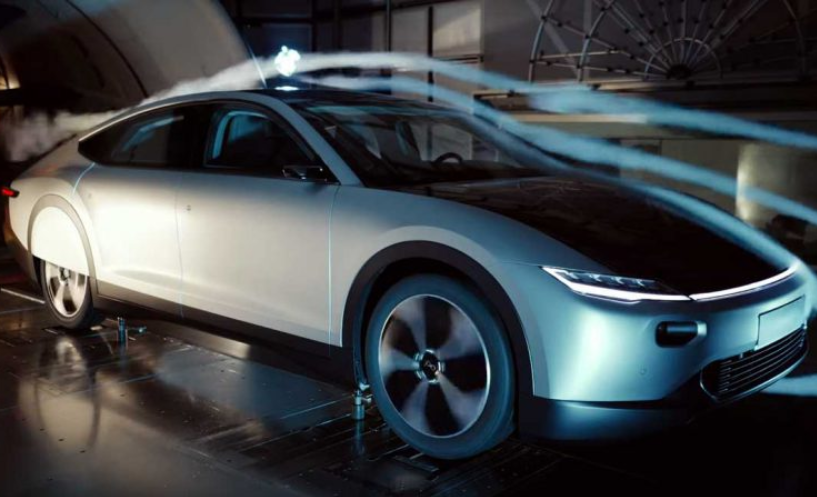
Dutch solar car company Lightyear says it has achieved a record score for aerodynamics for its 5-seater Lightyear One while undergoing wind tunnel tests in Turin, Italy, beating the Tesla Model 3’s 0.23 drag coefficient.
It’s the holy grail of efficiency: aerodynamics have such a massive effect on how much power a car requires that Audi’s aerodynamics manager Moni Islam says it is more important that the actual weight of the vehicle.
The Lightyear One solar car, which was first unveiled in June, has been under development for two and a half years.
Lightyear’s mission is to address the desire for more range in electric cars, both by providing a source of energy in the form of solar panels built into the roof, and through light, aerodynamic design.
While the Lightyear One is not yet under production, at its launch Lightyear CEO Lex Hoefsloot promised that it would be “ultra-efficient”.
During several weeks of tweaking different configurations of the Lightyear One at the Turin facility, the Dutch carmaker scored a record 0.20 drag coefficient for the vehicle making it the most aerodynamic 5-seater car there is.
That’s a full 0.02 points under the 2019 Mercedes-Benz A-Class saloon which was named in 2018 the most aerodynamic production car on sale, and 0.03 points lower than the Tesla Model 3.